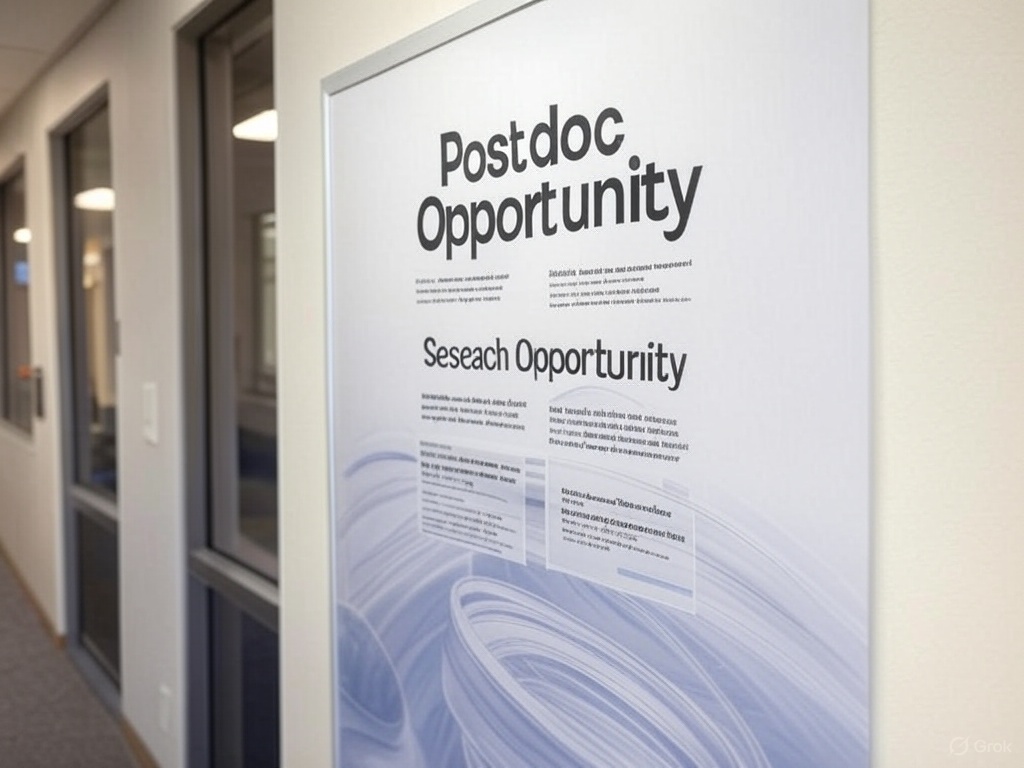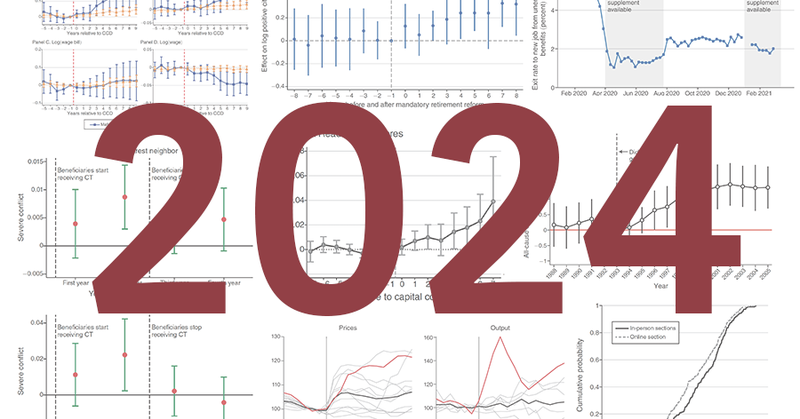
MoritzDrupp
@MoritzDrupp
Followers
2K
Following
3K
Media
59
Statuses
734
Professor for Sustainability Economics, @unihh | #sustainability, #inequality, #climate, #biodiversity, #health
Joined August 2018
RT @bartonelee2: Come join me in Zurich! We’re hiring a Professor of Health Economics (deadline April 30). DM me if you have any question….
0
23
0
Excellent PostDoc opportunity with @pgpiacquadio in StGallen🇨🇭to work an exciting project at the intersection of behavioral & welfare economics👇.
Join me & @brian_jabarian to work on the SNSF project "Ethical Views and Social Welfare" (EVAS). It deals with identifying ethical views in society, their aggregation, and implications. Get in touch for questions and share with potential applicants!.
0
4
8
RT @AEAjournals: From the academic consequences of remote learning, to pricing carbon, to the cost of species extinction: here are the 10 m….
aeaweb.org
Economists addressed issues related to remote learning, carbon pricing, species extinction, and more.
0
24
0
New paper out in @PNASNews with @ClimateFran, @jrising, Simon Dietz, @ivanjrudik & @GernotWagner providing most comprehensive evidence on the social cost of carbon (SCC) with a meta-analysis + expert survey & a combination of elements of both to generate a “synthetic SCC”👇.
💸 Burning 1 liter of gasoline = €0.60 in climate damages. New study by @ucdavis + @unihh finds CO₂ costs society €300/ton – more than double previous estimates. Based on 1,800 studies, it's the most comprehensive analysis to date. #CLICCS 🧪 Link:
0
10
34
Feel free to contact me with questions via e-mail. We'll move to ETH in April & starting date for the position is flexible in summer/fall 2025. Application deadline is 20.01.2025 & applications have to go through he official channel:
0
0
2
With our teaching, we seek to stir students’ enthusiasm for the possibilities in which economic theories & empirical methods can help to better understand & manage sustainability challenges. We further actively contribute to the societal debate & help to improve public policy.
1
0
0
We publish our work in general economics journals (e.g. AEJ: Policy, JEL @AEAjournals), field journals (e.g. JEEM @JEEM_tweets), & interdisciplinary journals (e.g. NCC @NatureClimate, PNAS @PNASNews, Science @ScienceMagazine).
1
0
1
We draw on a diversity of methods, including theory, modelling & empirical approaches (surveys, experiments, quasi-experimental designs), often in international, interdisciplinary & transdisciplinary cooperation.
1
0
0
(iv) accounting for the limited substitutability of nature when measuring & managing sustainable development.
1
0
0
(iii) analysing fundamental preferences and sustainability-relevant behaviours, &.
1
0
0
(ii) exploring concepts of intergenerational justice, such as to improve estimates of the social cost of carbon,.
1
0
1
Our group seeks to inform & support the transition to sustainable futures. We currently focus on 4 areas:.(i) studying the efficacy and distributional effects of environmental policies,.
1
0
1
You have strong analytical and communication skills & excellent methodological expertise in one or more of the following areas: econometric analysis of observational data, surveys and economic experiments, applied theory, or integrated environmental-economic modelling?.
1
0
1
You have a PhD (or close to completion) in Env. & Res. Econ. @EAERE_envecon, or related fields, & you are passionate about pursuing innovative research on sustainability challenges? You are also excited about sharing your expertise with students, decision-makers & society?.
1
0
2
We're advertising a PostDoc position in the Sustainability Economics Group at @ETH Zurich (1-6 yrs, >$100K salary), offering excellent conditions to pursue innovative research & prepare for a professorship. Please spread the word to interested candidates:
3
64
177
I have learned a lot in the process & hope that the paper will be a source of inspirations for those interested in the environment, inequality & beyond! Many thanks for helpful comments i.a. to @pierbasaglia, @bjoernbos, @ArikLevinson, @LinusMattauch, @FrikkNesje.
0
0
5
The 3 channels determine how both environmental quality & economic inequality matter for policy appraisal. We argue that it is crucial to consider inequality-environment linkages in economic research & policy design, as neither issue can be fully understood in isolation.
1
0
1
We .(1) describe how environmental benefits vary with household income;.(2) discuss how the cost of environmental policy is distributed across households;.(3) consider how income inequality & redistribution shape environmental outcomes.
1
0
2
In this paper, we synthesize conceptual mechanisms that underpin inequality-environment linkages and take stock of the relevant empirical evidence. We hereby consider 3 channels of interaction:.
1
0
1






